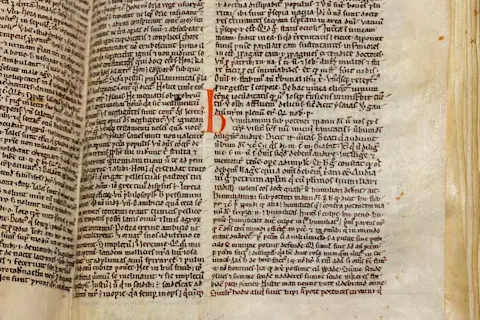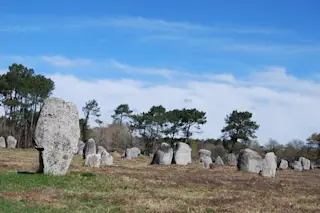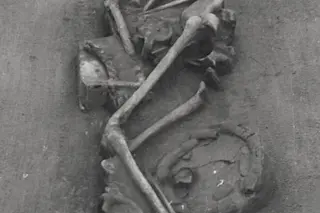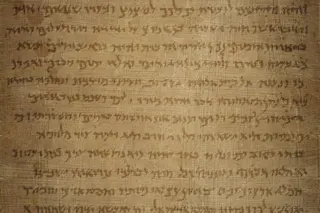One of the most famous and elusive literary mysteries in English literature has finally been solved. The Song of Wade — an incredibly popular poem from the Medieval period — was always believed to be a fantastical epic about monsters based on a reading of some of the only surviving lines of the poem. Found in a preacher’s sermon, the lines have always mystified medieval scholars as the fantasy genre didn’t line up with the way the poem and its characters were referenced by famous English writers like Chaucer.
Now, a study published in The Review of English Studies suggests that the lines were misunderstood and that the poem is actually a chivalric romance grounded in reality, not a monster-filled fantasy. Additionally, the sermon that quotes the poem is said to be one of the earliest examples of a preacher using pop culture references to appeal to a broad audience.
...












